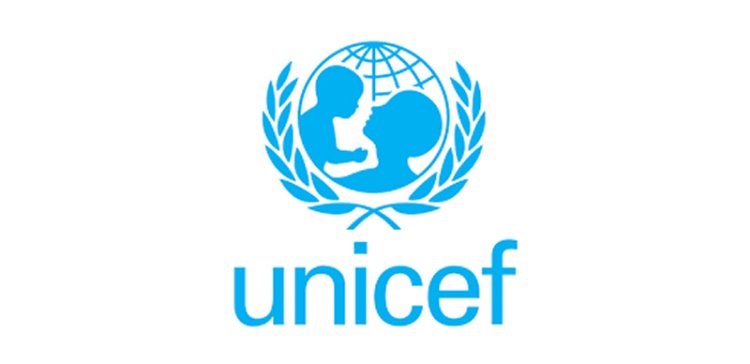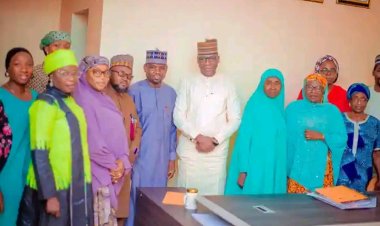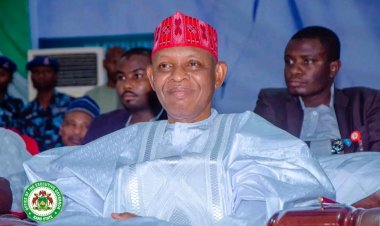UNICEF's Alarming Report: Just 7% of Nigerian Youth Equipped for Digital Economy's ICT Demands

In a concerning revelation, the United Nations Children’s Fund (UNICEF) has disclosed that a mere seven percent of Nigerian youths have the Information Communication Technology (ICT) skills required to thrive in the digital economy. This revelation came to light during a two-day workshop organized for the media in Edo State.
UNICEF's Education Specialist in Nigeria, Yetunde Oluwatosin, delivered a presentation titled 'An Overview of Foundational Literacy and Numeracy In Nigeria' during the workshop. She underscored the fact that only 73 percent of Nigerian youths possess basic literacy skills, emphasizing the urgent need for improvement.
The workshop, held in partnership with the National Orientation Agency in Lagos State and the Edo State Universal Basic Education Board, had a primary focus on reducing learning poverty and enhancing educational outcomes across the country.
Oluwatosin's presentation highlighted a disheartening statistic: 73 percent of 10-year-olds in Nigeria struggle to read a simple text with comprehension. Moreover, only one in four children between the ages of seven and 14 in Nigeria demonstrated foundational skills.
Further analysis revealed that a mere 27 percent of seven to 14-year-olds possess adequate literacy skills, and just 25 percent possess numeracy skills in the same age group.
The presentation also shed light on the dire literacy situation in Sub-Saharan Africa, where a staggering nine out of 10 girls and boys cannot read by the age of 10.
Despite Nigeria's vibrant and growing economy, Oluwatosin emphasized that the nation's learning crisis is hindering both national and global development. The shortage of essential ICT skills and the struggles with foundational literacy and numeracy among Nigerian youths present significant challenges to the country's aspirations for a digital future.
UNICEF's findings serve as a wake-up call for policymakers and education stakeholders in Nigeria to address the critical gaps in education and digital skills. Bridging these gaps will not only empower the youth but also position Nigeria to compete effectively in the global digital economy, fostering inclusive development for all.





